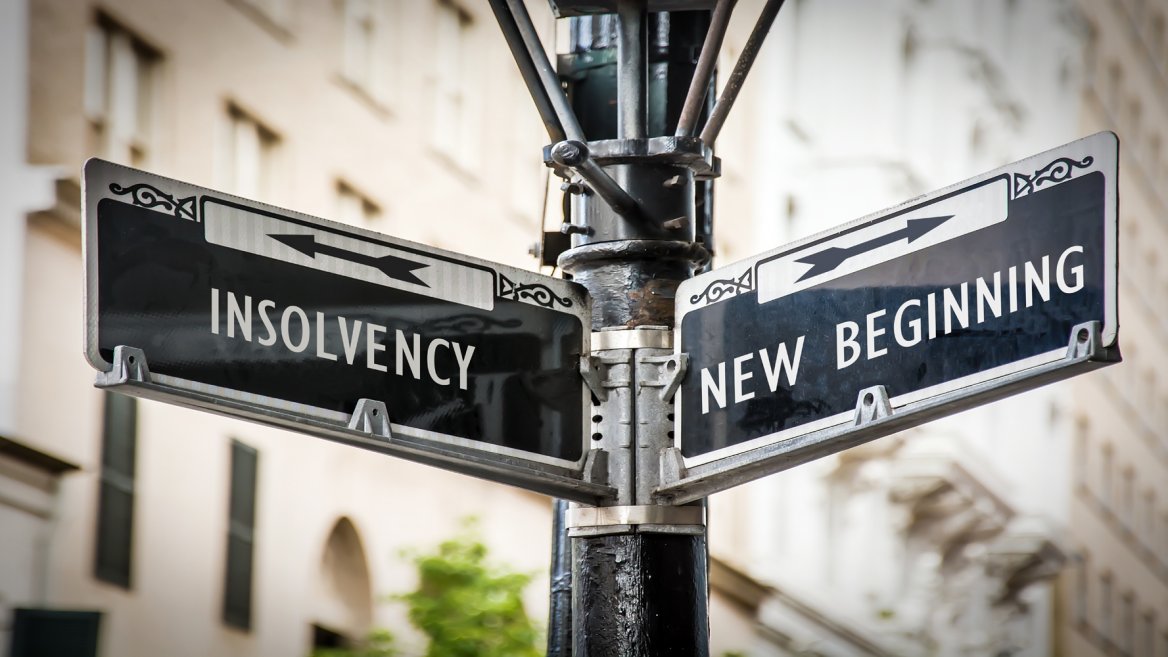
Considering filing for bankruptcy? Here's what you need to know.
If you're considering filing for bankruptcy, it's important to understand your options and what they entail. To help you along way, attorneys at our law firm in La Crosse, Wisconsin, have pulled together an overview of information you need to know about Chapter 7 bankruptcy.
Understanding Chapter 7 bankruptcy
In the United States, Chapter 7 bankruptcy is the most common form of bankruptcy filed. It is also known as straight or liquidation bankruptcy, and it allows for asset liquidation to pay off debts. In these challenging economic times, when workers are facing furloughs, temporary layoffs and even job loss, when bills are mounting out of control, declaring Chapter 7 bankruptcy can provide debt relief and a clean slate to begin again. But Chapter 7 can also be a debt solution for businesses.
For businesses
As businesses face a decrease in demand for products or services, or restrictions due to capacity limits and social distancing requirements, Chapter 7 may be a solution to settle financial obligations and forge a new path ahead. When a business files for Chapter 7 bankruptcy, a trustee is appointed to look into the financials of the organization, liquidate assets and pay off creditors. The business closes unless the trustee continues operations. In some cases, portions of the company are sold to other companies during the liquidation process and, as such, are able to continue operating.
For individuals
When an individual files for Chapter 7 bankruptcy, the court stops creditors from taking action against them by placing a temporary stay on debts, the court takes legal possession of their home, and a bankruptcy trustee is appointed to the case. Their primary job is to liquidate the individual's assets to pay off debts. Some assets are exempt from liquidation, and the particulars vary by state. Your attorney can help clarify which of your assets must be liquidated and which are exempt according to the laws in your state.
After the nonexempt assets are liquidated, the remaining debt obligation is discharged, meaning the individual will not need to repay that debt. There are exceptions. Debts which cannot be discharged through bankruptcy can include court fees, some taxes, some student loans, child support and alimony. Unsecured debts can generally be discharged, including medical debt, unsecured personal loans and credit card debt.
Of course, Chapter 7 bankruptcy is not without its drawbacks and consequences. Among them: bankruptcy will show on credit reports for a decade after it is filed, likely impacting one's ability to take out loans. In addition, there is a chance some creditors may continue to try to recover debt even after those debts have been discharged (and they have no right to recover that debt). For that reason, it's essential to retain your bankruptcy documents.
Considering Chapter 7 bankruptcy? We're here to help.
When it's time to consider your options for regaining control of your life by filing Chapter 7 bankruptcy, you need an attorney you can trust. Our team will provide you with the expertise, professionalism and respect you deserve as you navigate this complex process. Want to learn more? Contact us for a free legal consultation to discuss whether filing for Chapter 7 bankruptcy may be right for you.
For more information about Chapter 7 bankruptcies, call at Johns, Flaherty & Collins, SC, at 608-784-5678.
